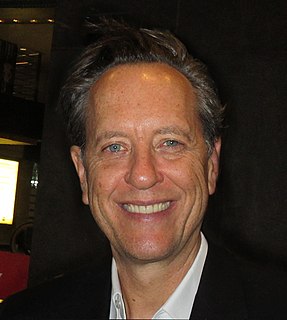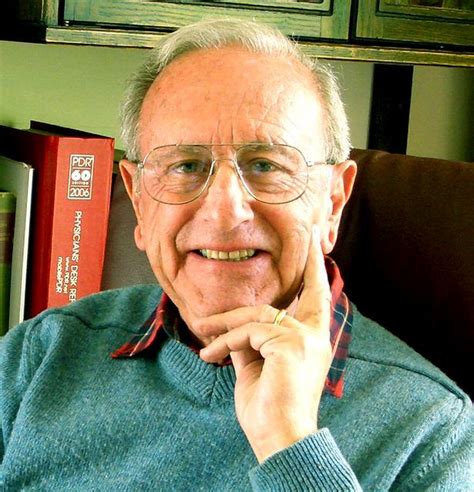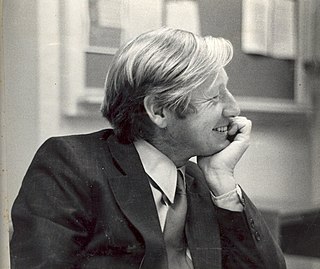A Quote by Gerald Edelman
Hebb place the Law of Effect at the synaptic level by proposing a correlation model of synaptic modification similar to that of Hayek (1952). This work was seminal in providing a basis for many subsequent theoretical studies . .
Quote Topics
Related Quotes
Since the idea that modification of synaptic function can provide a basis for memory arose shortly after the first anatomical description of the synapse a number of models (Hebb 1949 . . Hayek 1952 . . Kendel 1981) have been proposed in which various cognitive activities are represented by combinations of the firing patterns of individual neurons.
The first proponent of cortical memory networks on a major scale was neither a neuroscientist nor a computer scientist but .. a Viennes economist: Friedrich von Hayek (1899-1992). A man of exceptionally broad knowledge and profound insight into the operation of complex systems, Hayek applied such insight with remarkable success to economics (Nobel Prize, 1974), sociology, political science, jurisprudence, evolutionary theory, psychology, and brain science (Hayek, 1952).
But Friedman seemed to share Friedrich Hayek's extreme and inaccurate view that socialism of the sort that Britain embraced under the old Labour Party was incompatible with democracy, and I don't think that there is a good theoretical or empirical basis for that view. The Road to Serfdom flunks the test of accuracy of prediction!
Hayek made a quite fruitful suggestion, made contemporaneously by the psychologist Donald Hebb, that whatever kind of encounter the sensory system has with the world, a corresponding event between a particular cell in the brain and some other cell carrying the information from the outside word must result in reinforcement of the connection between those cells. These day, this is known as a Hebbian synapse, but von Hayek quite independently came upon the idea. I think the essence of his analysis still remains with us.

































